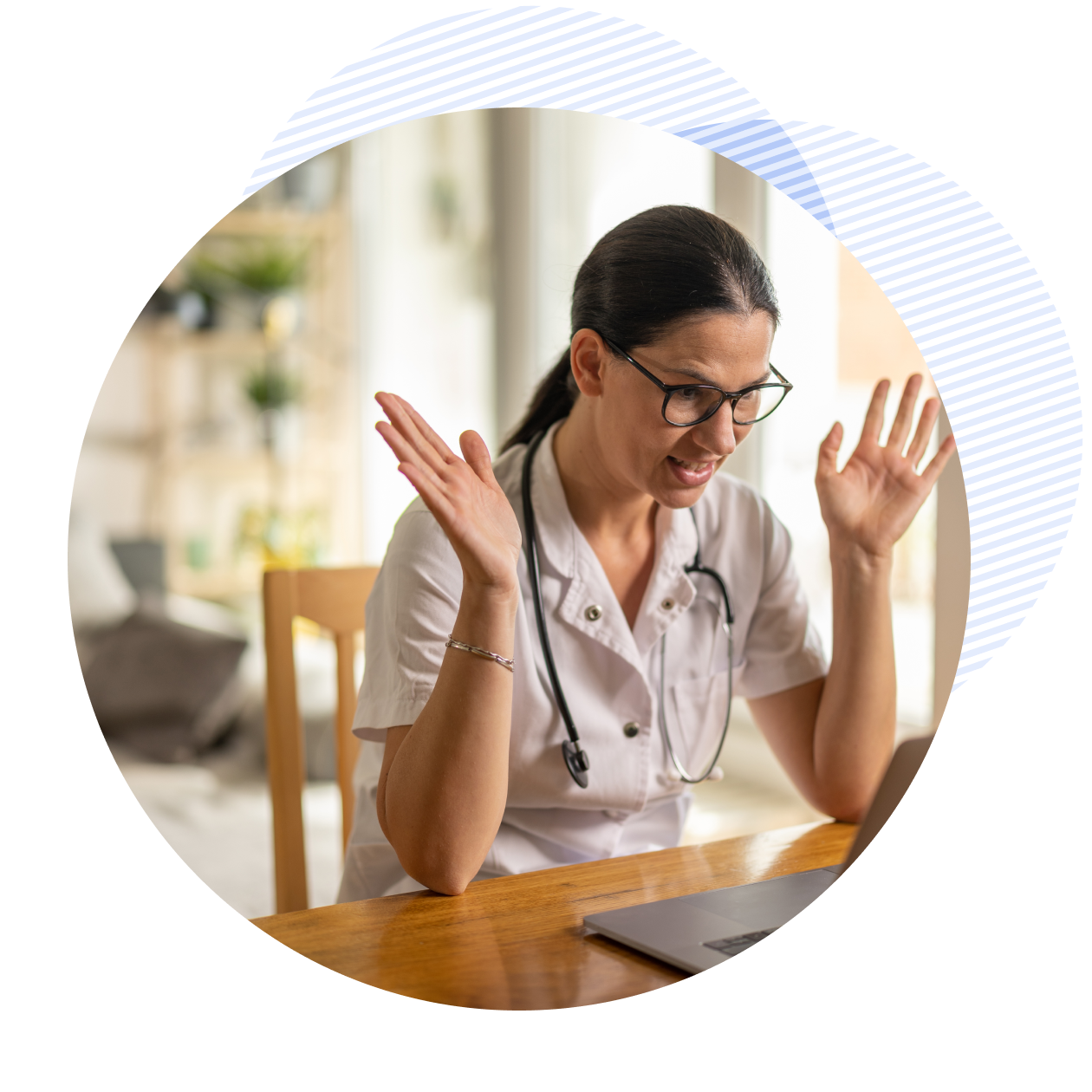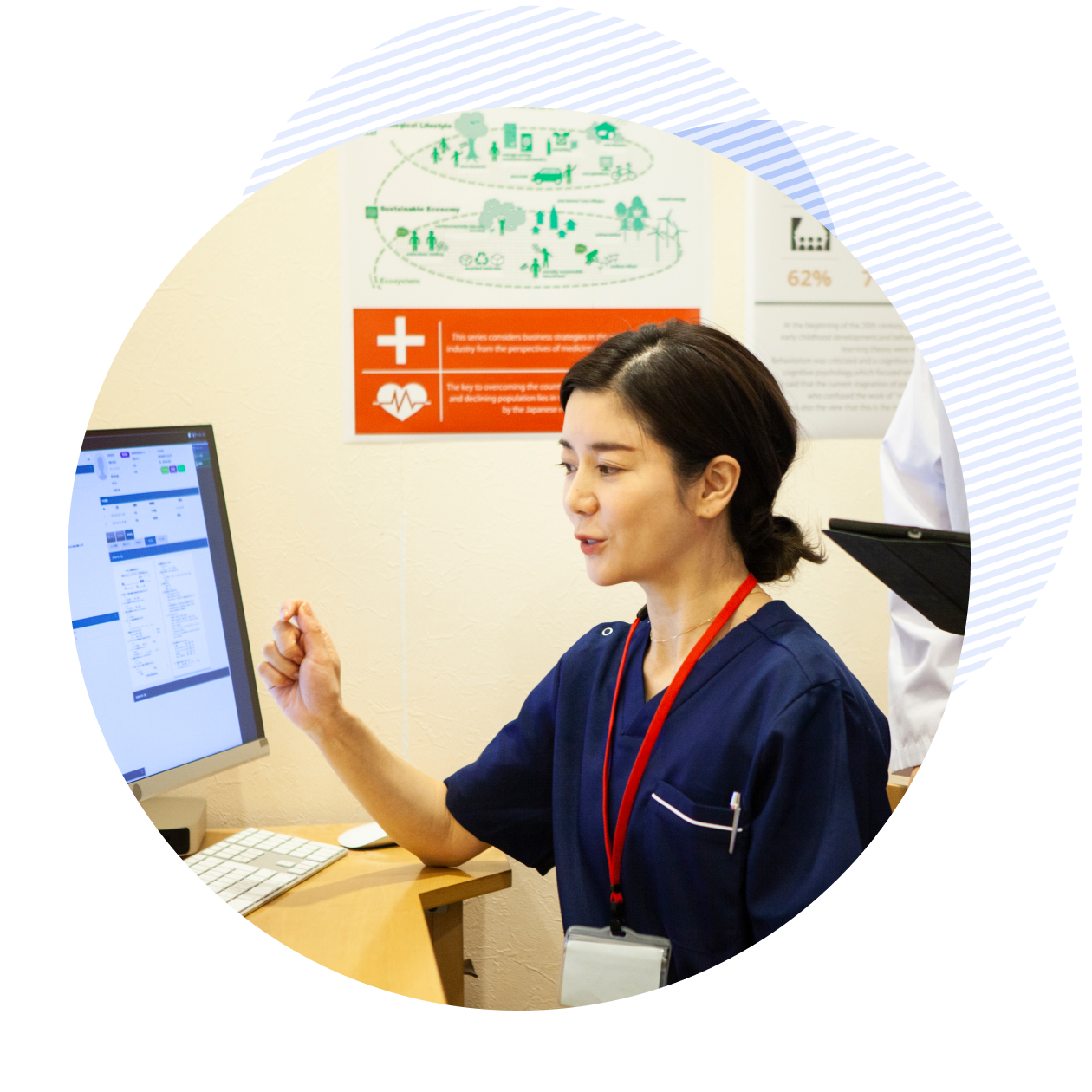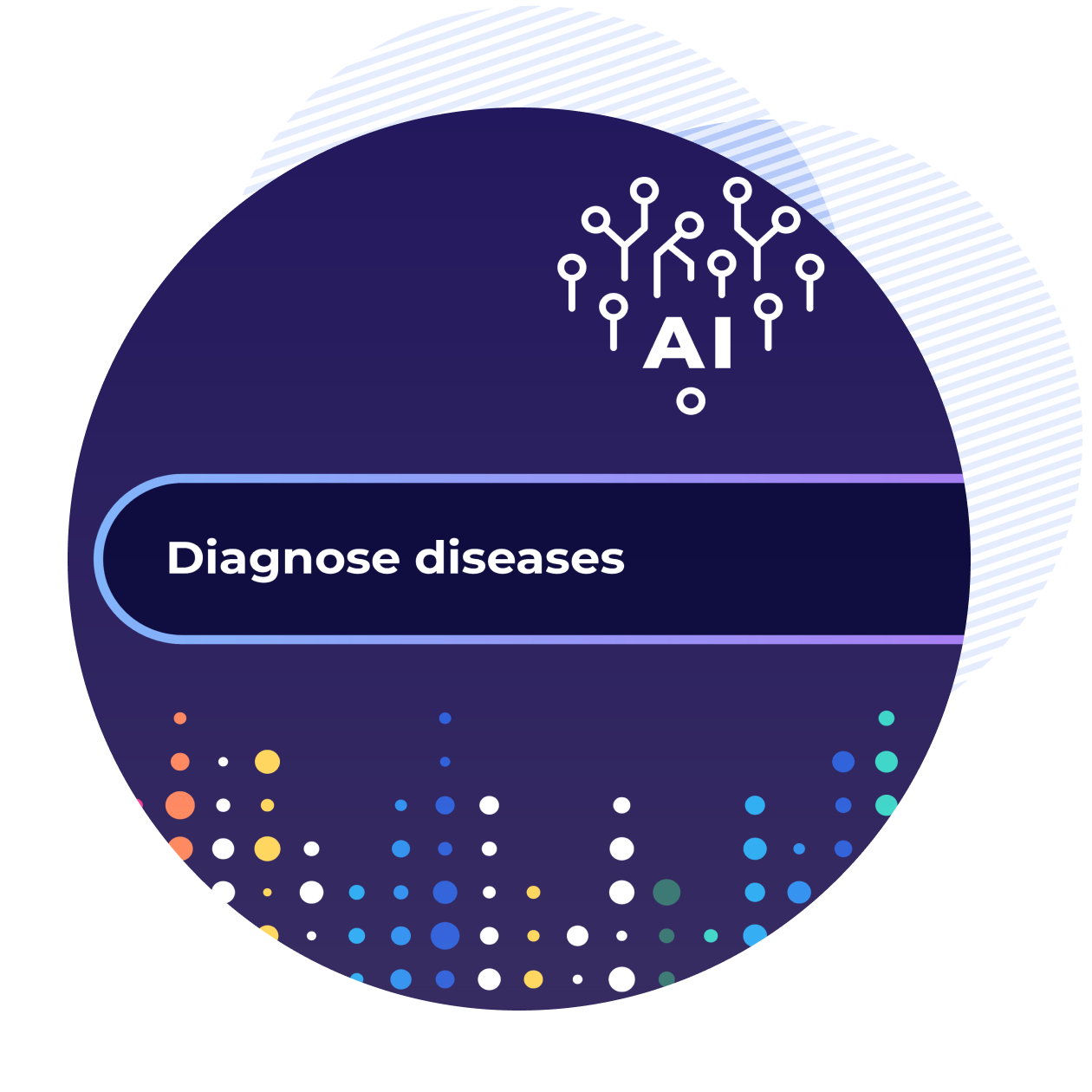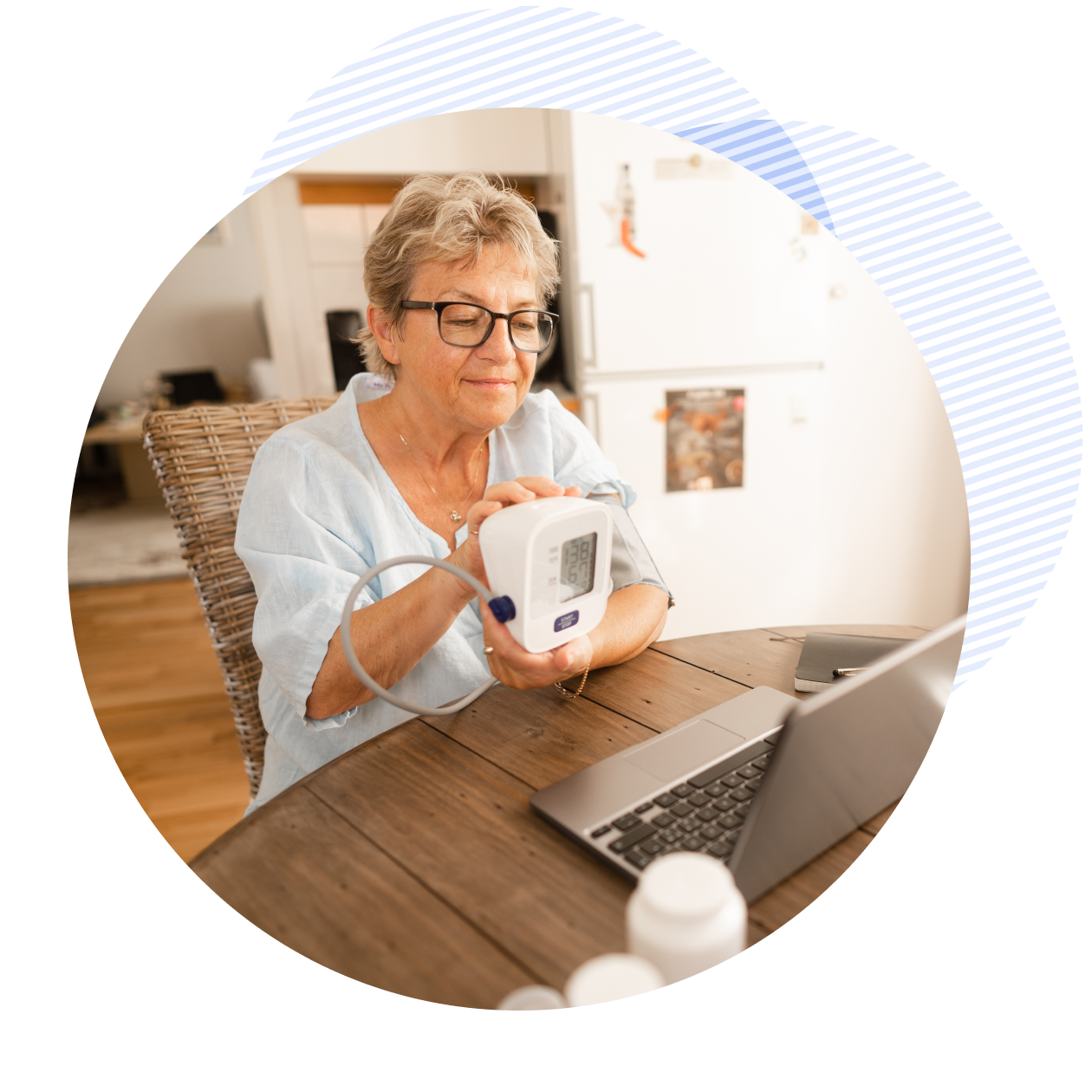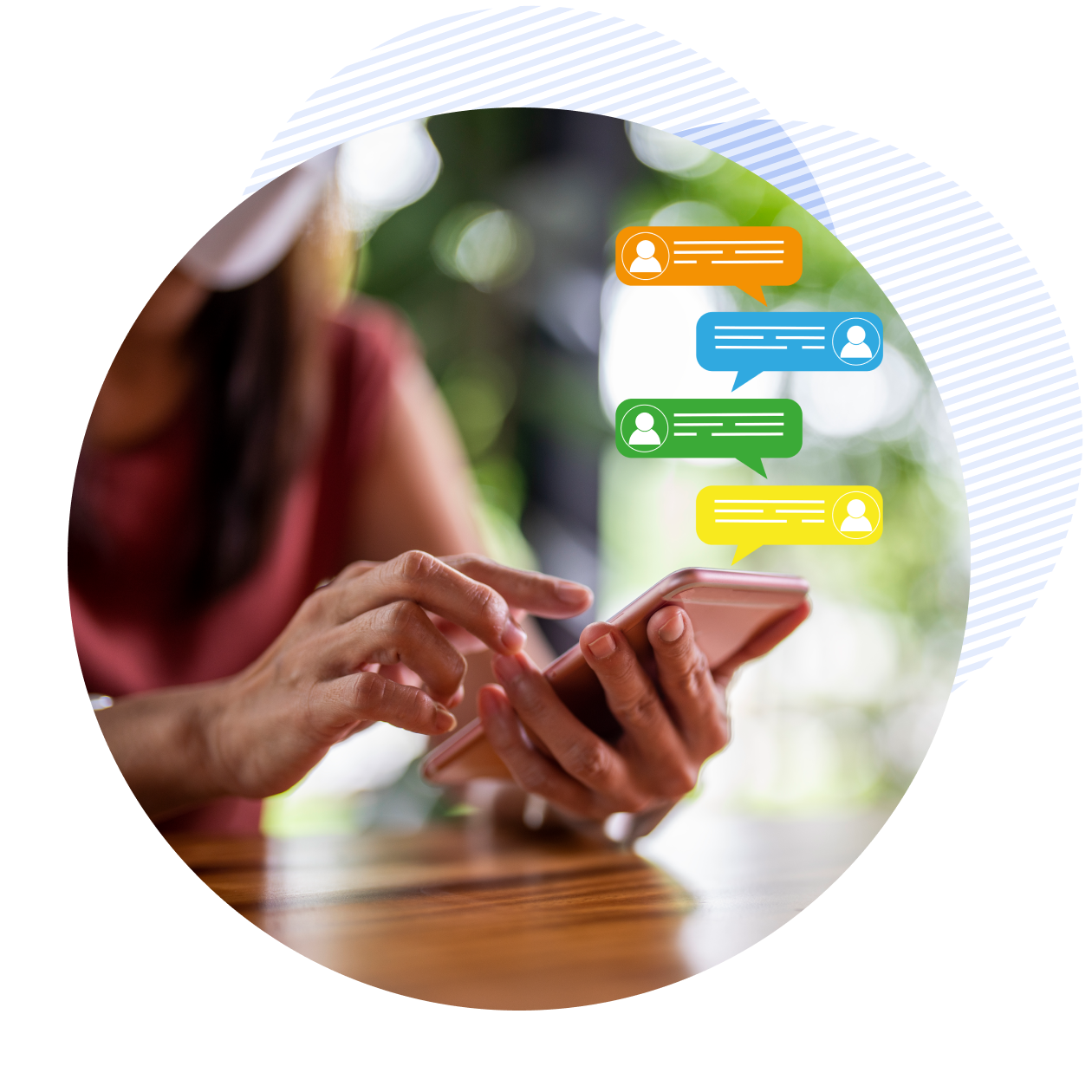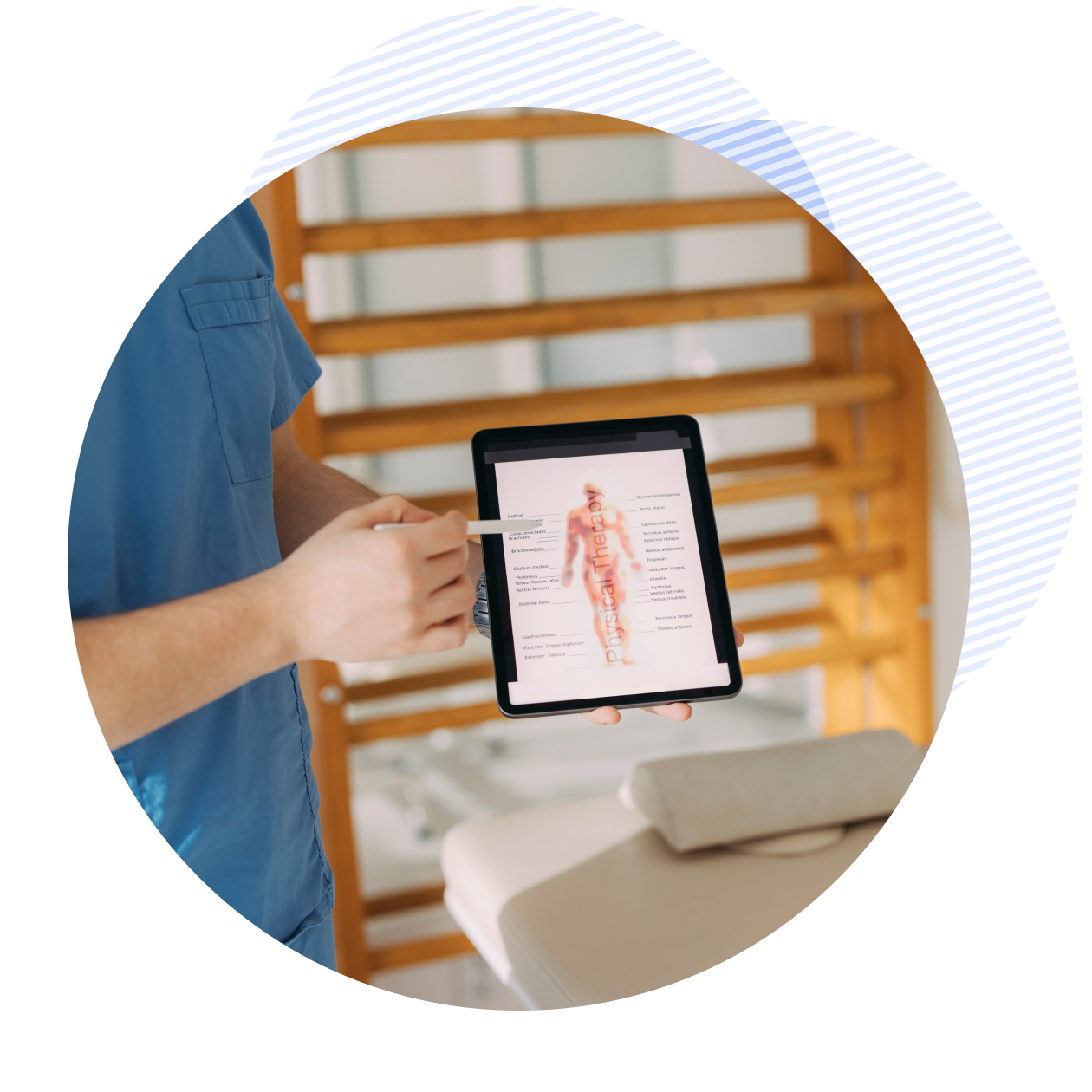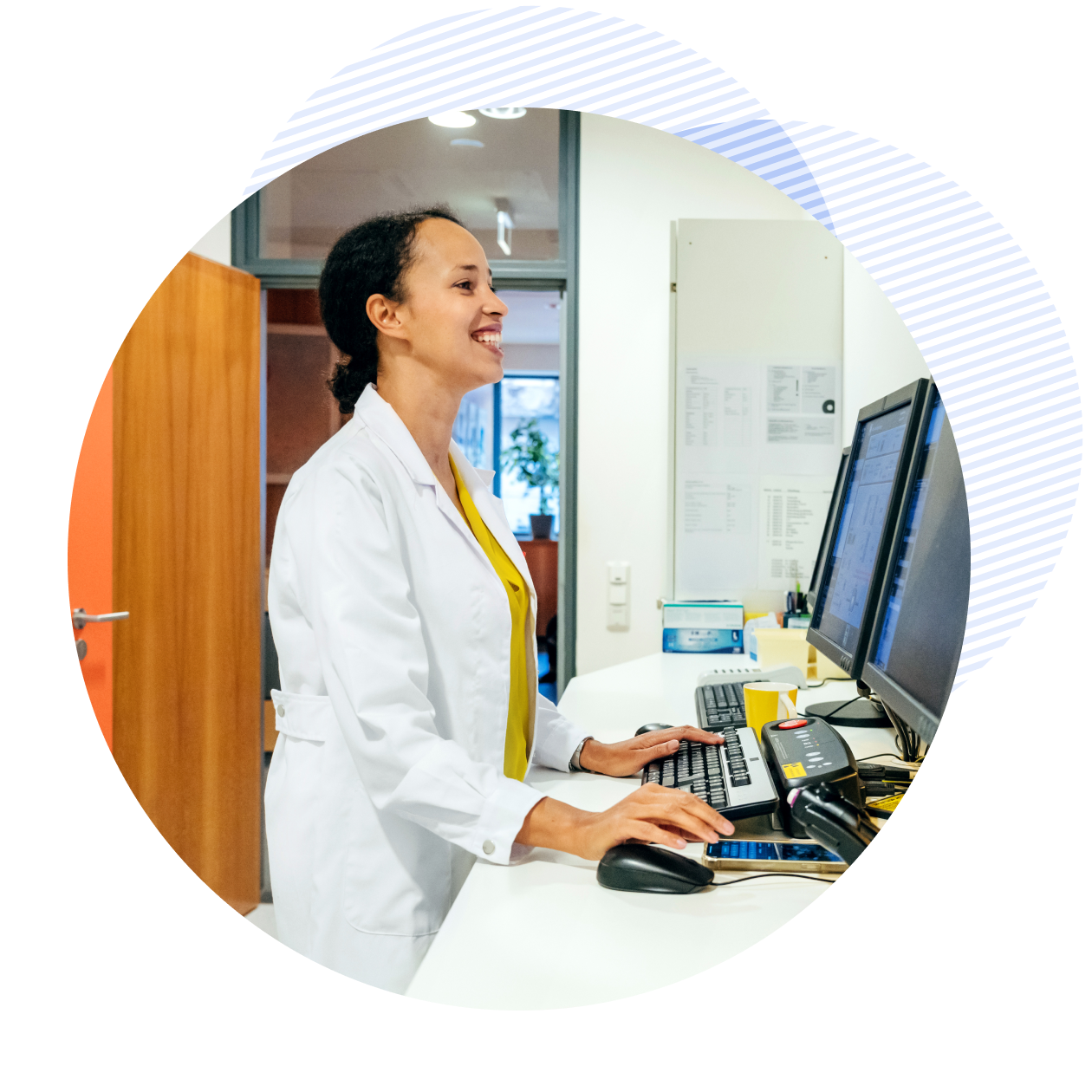How has technology improved healthcare?
The integration of technology in healthcare has led to significant advancements in patient care, operational efficiency and care coordination. Some of the biggest improvements include:
Enhanced patient access through virtual care
Patients no longer need to rely solely on in-person visits for medical care.
- On-demand and scheduled telehealth visits, increasing convenience.
- Remote patient monitoring, ensuring real-time health tracking.
- Expanded access to specialists, particularly for rural and underserved populations.
This digital-first approach enhances continuity of care while reducing unnecessary ER visits and hospital admissions.
Improved care coordination with electronic health records (EHRs)
One of the most impactful uses of technology and healthcare is the implementation of EHR systems, which:
- Centralize patient data, reducing errors and redundancies.
- Enable seamless communication between primary care providers, specialists, and hospitals.
- Support AI-driven analytics, helping providers identify risks and treatment gaps.
EHRs ensure that critical patient information is always available, leading to more informed and faster decision-making and better patient outcomes.
AI and predictive analytics for early disease detection
Artificial intelligence (AI) and machine learning are revolutionizing how we diagnose, monitor, and treat diseases. These technologies can:
- Analyze vast amounts of medical data to detect disease patterns.
- Provide clinical decision support, helping doctors make accurate diagnoses.
- Identify at-risk patients for early intervention and preventive care.
By leveraging AI, providers can deliver personalized treatment plans and improve early detection rates.
Remote patient monitoring for chronic disease management
With new technology in health care, patients can now track their health from home and update their providers in real-time. Remote patient monitoring (RPM) tools, such as wearable devices and mobile apps, help:
- Monitor vitals in real-time (e.g. heart rate, blood pressure, glucose levels).
- Alert providers to potential health risks before conditions worsen.
- Engage patients in proactive self-care, reducing hospitalizations.
RPM plays a crucial role in chronic disease management, particularly for conditions like diabetes, hypertension, and heart disease.

